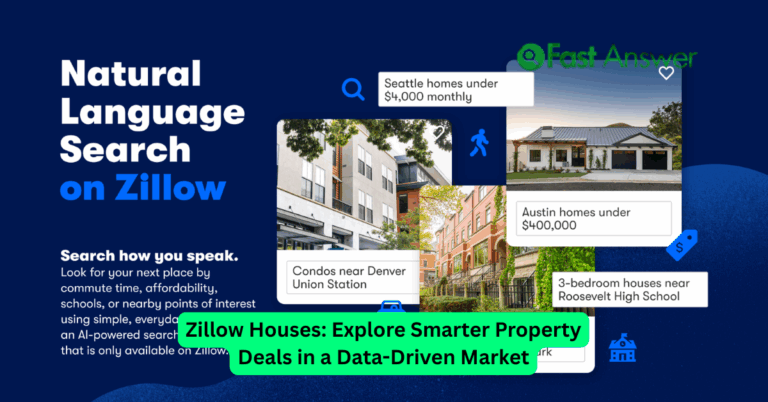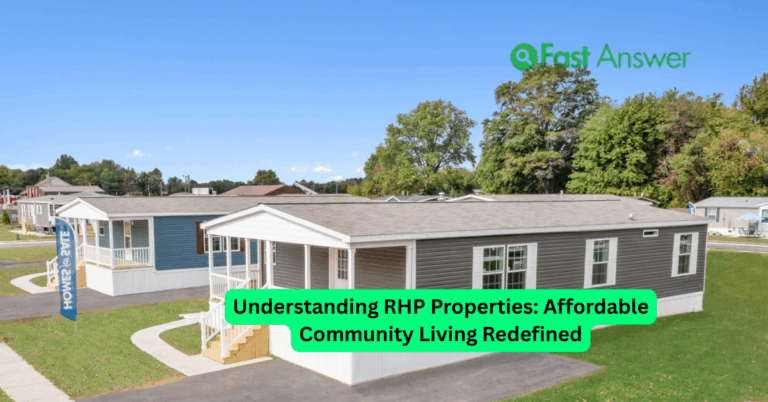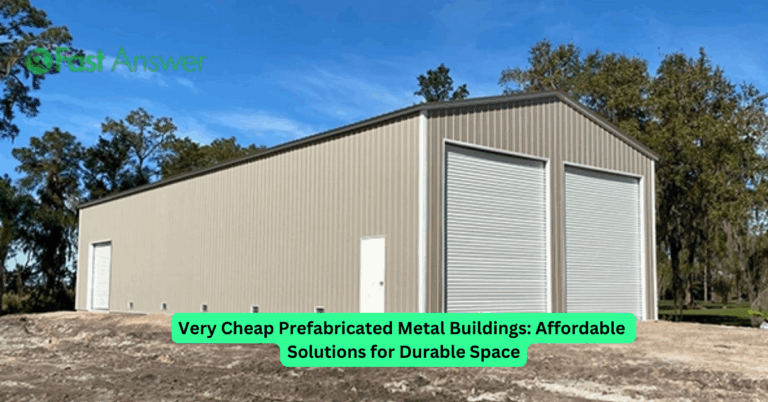Discover New Homes for Sale Near Me: Your Fresh Start Begins Now
Looking for “new homes for sale near me” means you’re ready for something more modern designs, energy-efficient features, and the excitement of being the first to live in your space. Whether you’re a first-time buyer, a growing family, or someone relocating for work, new construction homes offer advantages that older properties often can’t match. From open-concept layouts to smart-home technology, today’s builds are designed for convenience and comfort. This guide will walk you through everything you need to know to find, evaluate, and secure your ideal new home near your location.
Why New Construction Homes Are a Smarter Investment Today
One of the most appealing aspects of a newly built home is that it comes with fewer maintenance concerns and up-to-date systems. You won’t need to budget for roof replacements, plumbing overhauls, or outdated wiring. Builders often include warranties on structure and appliances, giving buyers peace of mind. More importantly, new homes often feature the latest trends in design and sustainability such as solar panels, smart thermostats, and energy-efficient insulation helping you save on long-term costs while enjoying modern living from day one.
What to Expect When Browsing New Homes for Sale Near You
Search platforms and local agents often list new homes by neighborhood, builder, or development stage. Some may be move-in ready, while others are in pre-construction phases, giving you customization options. You can explore model homes, tour developments, or schedule virtual walkthroughs. Expect features like spacious kitchens, high ceilings, walk-in closets, and tech-ready layouts. Many new builds are part of planned communities that include amenities like clubhouses, walking trails, or pools, adding even more value to your property search.
How to Compare Builders and Floor Plans Effectively
Not all builders offer the same quality or flexibility. Look for reviews from recent buyers, and evaluate their track record for timely delivery and post-sale service. Visit multiple communities to compare craftsmanship, finishes, and included upgrades. Ask about lot premiums, HOA rules, and builder incentives like closing cost contributions. If you’re building from scratch, check how flexible the floor plans are can you add a home office, expand a garage, or reconfigure a bathroom? These small details make a big difference in livability.
Financing Tips for Buying a New Construction Home
Financing a new home purchase isn’t identical to buying a resale. Many builders have preferred lenders offering promotional rates or reduced closing costs. Still, it’s wise to compare these options with independent mortgage quotes. If you’re buying early in development, ask how price escalations are handled and whether a rate lock is available. Consider the full financial picture: taxes, insurance, HOA fees, and any costs for lot upgrades or design changes. Clarity in budgeting will ensure your home journey stays on track.
Move-in Ready or Custom Build: What’s Best for You?
Move-in ready homes are perfect if you want to settle in quickly. You get to tour exactly what you’ll be buying no guesswork. On the other hand, a custom build offers more control. From flooring and countertops to room layout and exterior color, you can tailor it to your taste. It all comes down to timing, flexibility, and lifestyle. If you’re not in a rush and want a more personalized space, the custom route may be worth the wait. Otherwise, inventory homes are a fast-track to ownership.
FAQs
Are new homes more expensive than existing homes?
They often have a higher base price, but they offer long-term savings through energy efficiency and lower maintenance.
Can I negotiate on the price of a new home?
Yes, especially on upgrades, closing costs, or incentives though base prices are usually firm.
How long does it take to build a new home?
From ground-breaking to move-in, it typically takes 6–9 months, depending on builder schedules and weather.
Are there new homes for sale in smaller towns or rural areas?
Yes, many builders are expanding into suburban and rural markets to meet demand.
Do I need a real estate agent to buy a new home?
While not required, having an agent helps you understand contracts, negotiate terms, and avoid common pitfalls.


